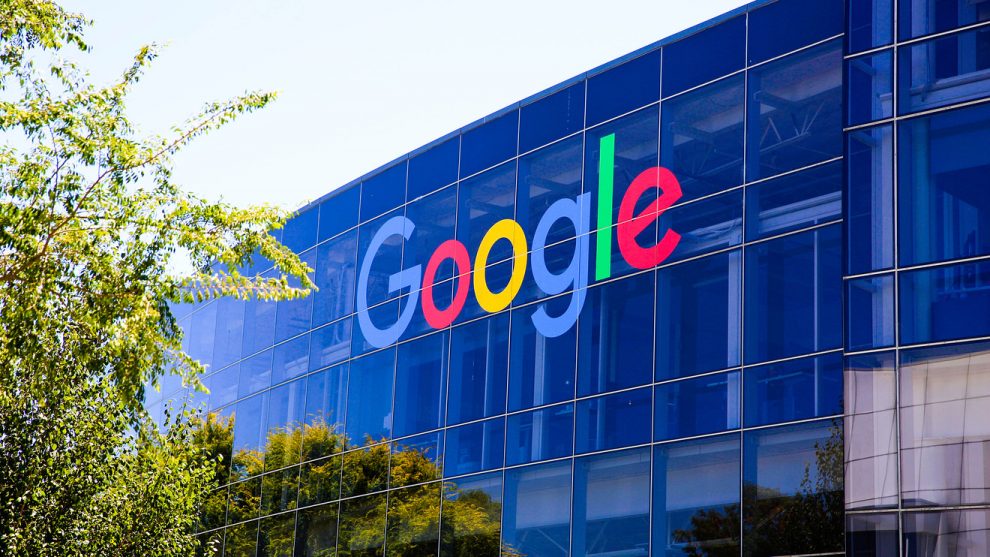
The market-dominating behavior of four of the biggest tech companies now appear to be in the crosshairs of the U.S. government, but the big question for consumers and investors is, will anything actually change this time around?
On Monday, a barrage of stories from Washington followed up on Friday’s news — first reported by the Wall Street Journal — that the Justice Department is gearing up for an antitrust investigation into Alphabet Inc.’s GOOG, -6.11% GOOGL, -6.12% Google. An even wider federal crackdown on Big Tech appears to be forthcoming, with reports Monday citing government inquiries into Apple Inc. AAPL, -1.01% Facebook Inc. FB, -7.51% and Amazon.com Inc. AMZN, -4.64% . The day closed with a report that the House Judiciary Committee is launching a bipartisan investigation into a small number of “dominant and unregulated platforms.”
“I think this shows that the agencies are listening to the political debate on both sides of the aisle,” said Michael Carrier, a distinguished professor of law at Rutgers Law School. “There is concern from both Democrats and Republicans that Big Tech needs to be reined in, and that antitrust is the tool to do so.”
On Monday, the Journal reported that after a series of arrangements and negotiations, the DOJ now has authority to launch an antitrust investigation into Google and Apple. Separately, the Federal Trade Commission now reportedly has oversight to look into anti-competitive activities of Facebook and Amazon. But lawyers also cautioned that these discussions seem very preliminary, and that it’s too early to jump to conclusions, although the Journal noted that Google and Facebook appear to be the “closest to being in the agencies’ investigative crosshairs.”
“It sounds like there may have been some conversations between the agencies about what is called ‘clearance,’ that happens from time to time,” said Maureen Ohlhausen, a partner at Baker Botts in Washington, and a former acting chair and commissioner at the FTC. “It’s too early to jump to a big conclusion from that.”
Even so, the media and Wall Street went into speculation overdrive, fueling a drop in the shares of the Big Four, even as some analysts seemed to be mostly unruffled by the threat of an antitrust investigation at Google and potentially others, like Facebook.
One antitrust issue that has been a stumbling block in the past is whether consumers are being harmed with predatory pricing tactics, because the laws were designed before the creation of free internet services and platforms. Even so, some now believe that consumers pay for free internet services with their data, and at the expense of their privacy, as recent privacy scandals and data breaches have shown.
“In these industries, users are bartering with their data and their attention. You can look at that as the cost of the product,” said Charlotte Slaiman, policy counsel at Public Knowledge, a nonprofit that works to shape policy on behalf of the public interest. “The fact that products are free doesn’t mean that antitrust doesn’t apply, we just need to apply the right economics.”
If these inquiries or investigations lead to full-blown complaints or lawsuits, one of the biggest punishments is the multibillion dollar fine — the likely result if a company is found guilty of anti-competitive behavior. But Amazon, Apple, Facebook and Google parent Alphabet can all easily afford to pay several billion dollars each in fines, and continue on their merry way. In late April, Alphabet’s earnings increase was wiped out by a $1.7 billion fine from the European Union, but investors were more concerned about an apparent revenue growth cool-down.
“We really want to see what anti-competitive harm has occurred,” said Carrier of Rutgers, describing what the government will be looking for in its inquiries. He pointed out that in the EU case, the complaint was that Google favored its own comparison-shopping platforms in its search results, which hurt consumers by offering less choice.
But the last time the U.S. looked into Google’s business practices, in 2013, the FTC decided to close the investigation into the bias of Google’s search engine, because it could be “plausibly justified as innovations that improved Google’s product and the experience of its users,” even though some changes in its algorithms “may have had the effect of harming individual competitors.” Google made some other voluntary changes to its business practices, with AdWords
“What would be the difference between then and now? They were protected by the president of the United States, who criticized the EU,” said Gary Reback, an attorney who is well-known in Silicon Valley for his work in antitrust law, especially for helping spearhead the DOJ’s massive 1990s case against Microsoft Corp. MSFT, -3.10% . “The protectors are gone. That’s kind of how I look at it.”
He also said that the DOJ is highly aware of all the criticism that the FTC received for its ultimate agreement with Google. “I doubt anyone heading the antitrust division wants a replay of that,” he said
One thing that is clear now is that the agencies and the companies will not be disclosing much about the investigations, except to confirm that they have begun or have been completed. Investors will have to live with the cloud hanging over each company until more information is known.












